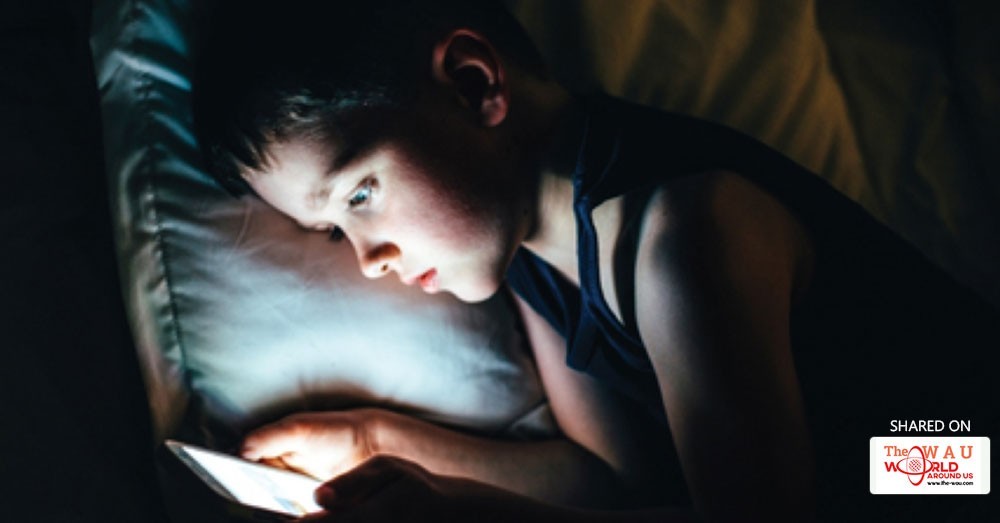According to a research, teenagers are having less sleep in current times on account of their addiction to smartphones. They love watching late night shows on TV and enjoy going out at night. They sleep late at night and get up early to go to school. This deprivation of sleep can lead to lack of concentration, irritability, and drowsiness thus affecting their performance in school. Teenagers require more sleep than an adult because their bodies are in developmental stage. They usually need to sleep for 7-9 hours every night. Insomnia in teenagers may be the result of numerous physical, behavioural, environmental, and psychological reasons which may include poor habits, lack of guidance, anxiety, stress, depression, and poor diet.
The Main Symptoms of Insomnia Among Teenagers Are:
Irritability, aggressiveness, moodiness, lack of concentration, loss of appetite, clumsiness and absence at educational institutes. Pressure of studies, school performance and relationship with teachers can also lead to sleeplessness among teenagers.
Treatment of Insomnia
The most important treatment for teenagers who find it difficult to sleep is the knowledge of sleep hygiene. It includes regular bedtime hours, avoiding caffeine and sugar, a clear demarcation between relaxation and sleep time, avoiding the use of electronic screens for ex TV, tablet, mobile, video games and computer before retiring to bed, daily exercise and a balanced diet.
• Studies have shown that fixing a bedtime schedule and other routines can offer relief from the symptoms of insomnia.
• Discourage them from doing their homework one hour before bedtime.
• Teenagers should be exposed to bright lights early in the morning. This way their body will get the message that it’s time to wake up.
• You must keep their bedroom dark or in dim light so that they can get the signal that it’s time to slumber.
Insomnia in Children
Unlike teenagers, children don’t have night out parties or relationship problems that may lead to insomnia. They are not mature enough to understand the symptoms of insomnia. We will understand the symptoms of paediatric insomnia below:
• They experience difficulty in falling asleep after going to bed. They wake up frequently at night and are unable to get back to sleep. At times, they even wake up early in the morning before anyone is awake. A child who is sleeping less than his other classmates may appear tired, moody, erratic, and even groggy. He could even show hyperactive components. For treatment of insomnia in children, you may require the joint advice of psychiatric professionals and paediatricians.
Treatment for Childhood Insomnia:
• Medication is rarely used in insomniac children. Rather cognitive behaviour therapy is used to correct disrupted sleep patterns in them.
• The importance of sleep hygiene should be imparted to young ones. Emphasis should be laid on healthy diets and daily exercise. Further, they should reduce the time spent on TV, computer and video games.
Share This Post















